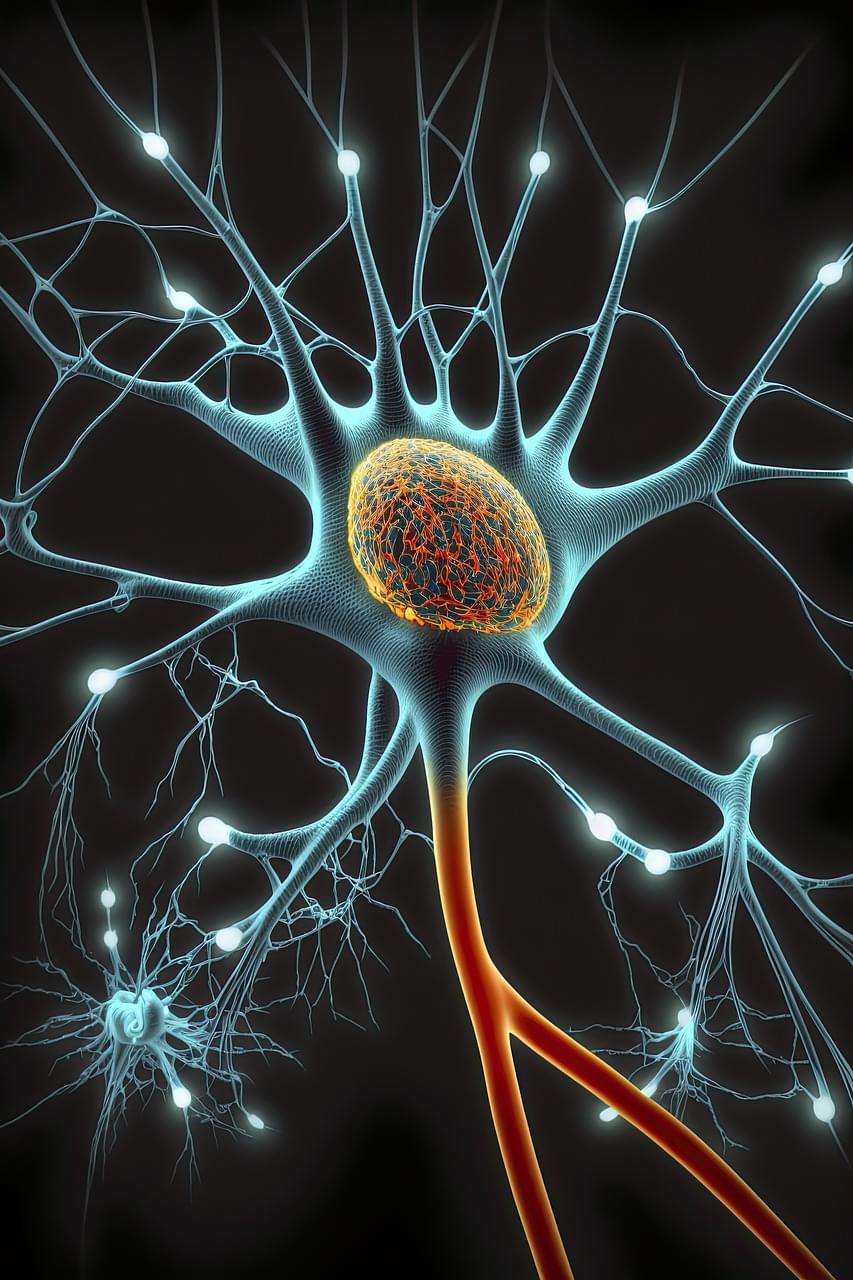The immune system is comprised of two separate responses referred to as either innate or adaptive immunity. Both work in collaboration to elicit protection against anything the body encounters as ‘foreign’. In many cases foreign pathogens that enter the body are recognized by the innate immune system first which then activate adaptive immunity. The innate immune system uses many broad, non-specific cells to detect anything that might cause harm to the body. These cells initiate inflammation and the overall immune response. The adaptive immune system comes second and is more specific to the invading pathogen. Adaptive immune cells can not only help lyse or kill the invaders, but also generate cells to ‘remember’ that pathogen in the future. This is a common phenomenon that occurs when we overcome an illness and is known as immunological memory. Vaccine biology is based on this concept that we will generate ‘memory cells’ in response to attenuated viruses.
The study of immunity and how our body fights off disease is a progressively growing field. Currently, scientists know many of the key players that drive this immunological memory. However, researchers and physicians are working together to better understand this process and how to generate more effective treatments for various diseases. An exciting article in Nature, published by Dr. Francisco J. Quintana and others, demonstrate that a glial cell can generate immunological memory. Quintana, an investigator at Brigham and Women’s Hospital, and his team study different signaling pathways associated with immune activity to identify novel therapeutic treatments and biomarkers to measure treatment efficacy. The glial cell Quintana and his team found to aid in immunity is known as an astrocyte, which is a key cell within the central nervous system (CNS). Astrocytes help promote synapse formation, clear excess neurotransmitters, and maintain the blood-brain barrier.
For the first time astrocytes have been connected to obtain memory-like properties and aid in immunity. The team used multiple models to demonstrate that astrocytes can remember previous interactions with immune cells. Not only did this function improve response time to infection but induced a stronger immune response when re-exposed to the same disease. Due to similarities in memory formation, Quintana and others refer to this process as ‘astrocyte immune memory’. Interestingly, due to astrocytes long lifespan, these cells could provide insight into chronic neurologic disorders.










Comments are closed.